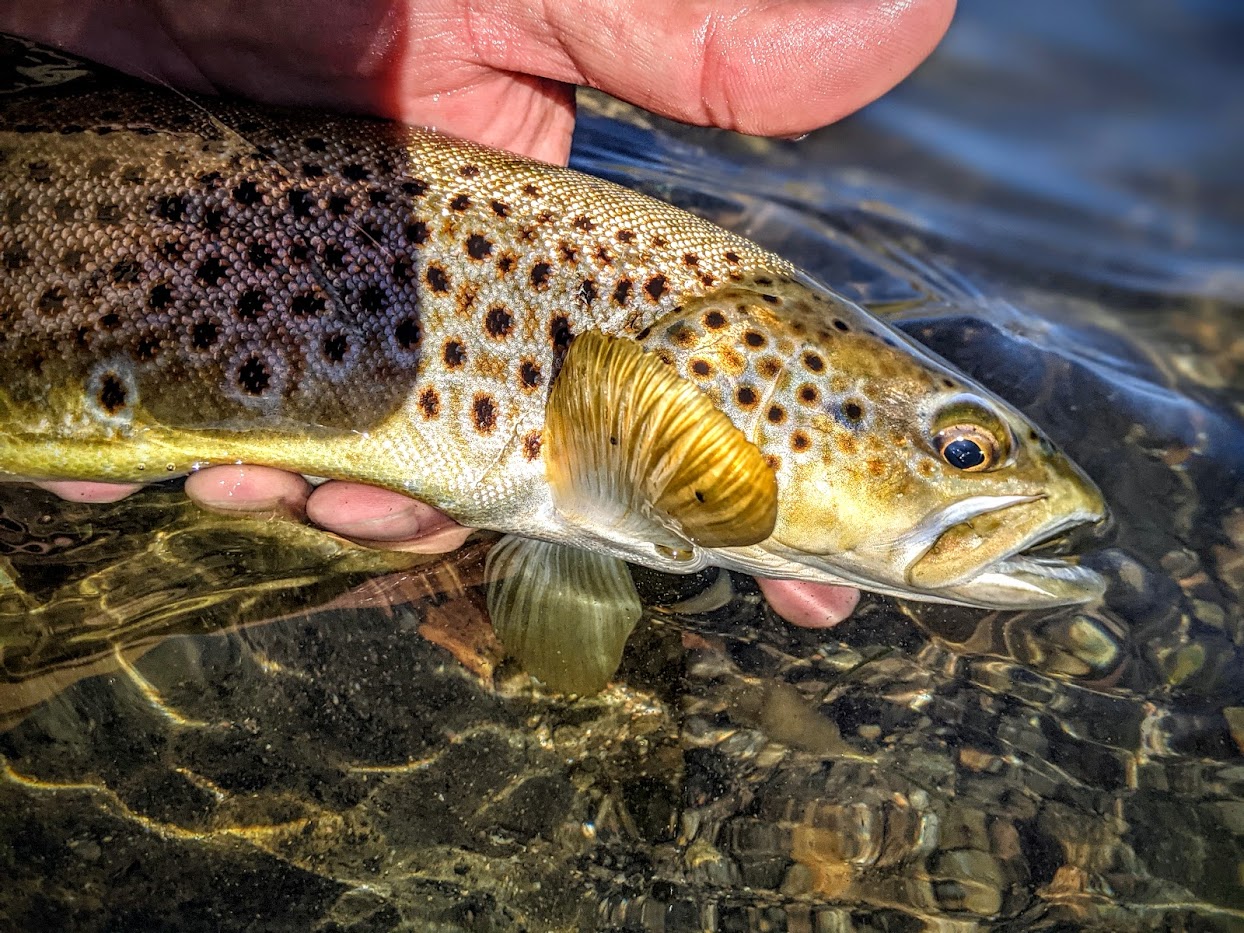What is happening:
On Oct. 21, a federal district court overturned and invalidated a Trump-era regulation that eroded state and Tribal authority to protect water quality. The now invalidated “2020 Clean Water Act Section 401 Certification Rule” (2020 Rule) gutted (or imposed significant revisions to) Section 401 of the Clean Water Act, a regulatory tool used by states and tribes to protect state and tribal resources from impacts of federally permitted development.
The court’s ruling invalidates the 2020 revisions and sends the rule back to the EPA for reconsideration or revision, in effect reverting to the EPA’s 1971 rule (status quo prior to the 2020 rulemaking) unless and until such time that EPA finalizes a new certification rule.
What it means for coldwater fisheries:
The court’s ruling is great news for trout and salmon and the habitats upon which they depend. The Clean Water Act is vital to TU’s work to protect, conserve and restore streams, and important to anglers across the nation.
The Clean Water Act’s Section 401 grants states and tribes the right to review and certify projects that will impact water quality through discharge of pollutants. This includes both small projects and also large interstate energy and infrastructure projects. Unless the state issues or waives a 401 permit, a federal agency may not issue a permit for the proposed activity.
The 2020 Rule included dramatic changes that would severely curb these state and tribal authorities by limiting the timeline for review as well as narrowing the scope of the issues that can be evaluated or included as conditions on a permit.
Ensuring a strong 401 certification process is essential to TU’s mission as this is among the most critical tools for ensuring that proposed projects are designed and implemented in a manner that protects coldwater resources that TU cares about.
Here’s an example of how the state of Oregon exercised their 401 authority to protect salmon and steelhead fisheries.
What comes next?
How can TU councils, chapters and members advocate for clean water?
Prior to the court ruling, the Biden administration had already begun working on a regulatory effort to review and revise the 2020 Rule. This process included a public comment period, including a number of public listening sessions during the summer of 2021. The public comment period closed in August. You can read TU’s comments here.
Following the court’s ruling, the 2020 rule is no longer valid, which means the current administration will not need to review and revise the now-defunct rule. However, it is likely that the EPA will still undertake a review of the 401 certification process to determine whether regulatory changes are needed to update the rule. EPA is reviewing the court decision and considering next steps.
Stay tuned for more information about the EPA plans for stakeholder engagement and potential future rulemakings: https://www.epa.gov/cwa-401
Some additional background:
- TU’s take on the rule.
- EPA 401 rulemaking homepage.
- Learn why it’s so important to protect clean water.
For questions, please contact:
| Steve Moyer Vice President of Government Affairs steve.moyer@tu.org | Kate Miller Director of Government Affairs kate.miller@tu.org |


